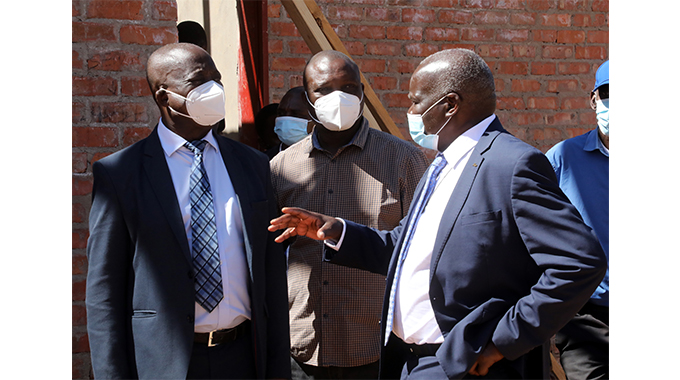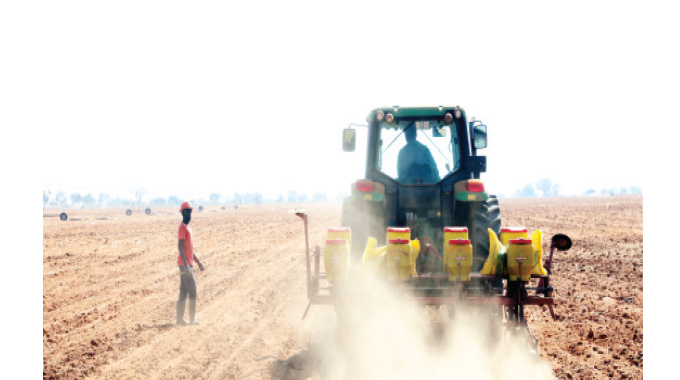Covid-19 (coronavirus) in babies and children

CHILDREN of all ages can become ill with coronavirus disease 2019 (Covid-19). But most kids who are infected typically don’t become as sick as adults and some might not show any symptoms at all. Know the signs and symptoms of Covid-19 in babies and children, why children might be affected differently by Covid-19 and what you can do to prevent the spread of the virus.
How likely is it for a child to become sick with coronavirus disease 2019 (Covid-19)?
While all children are capable of getting the virus that causes Covid-19, they don’t become sick as often as adults. Most children have mild symptoms or no symptoms.
According to the American Academy of Paediatrics and the Children’s Hospital Association, in the US children represent about 13 percent of all Covid-19 cases. Research suggests that children younger than ages 10 to 14 are less likely to become infected with the virus that causes Covid-19 compared to people age 20 and older.
However, some children become severely ill with Covid-19. They might need to be hospitalised, treated in the intensive care unit or placed on a ventilator to help them breathe, according to the Centres for Disease Control and Prevention (CDC).
In addition, children with underlying conditions, such as obesity, diabetes and asthma, might be at higher risk of serious illness with Covid-19. Children who have congenital heart disease, genetic conditions or conditions affecting the nervous system or metabolism also might be at higher risk of serious illness with Covid-19.
Research also suggests disproportionately higher rates of Covid-19 in Hispanic and non-Hispanic Black children than in non-Hispanic white children.
Rarely, some children might also develop a serious condition that appears to be linked to Covid-19.
Why do children react differently to Covid-19?
The answer isn’t clear yet. Some experts suggest that children might not be as severely affected by Covid-19 because there are other coronaviruses that spread in the community and cause diseases such as the common cold. Since children often get colds, their immune systems might be primed to provide them with some protection against Covid-19. It’s also possible that children’s immune systems interact with the virus differently than do adults’ immune systems. Some adults are getting sick because their immune systems seem to overreact to the virus, causing more damage to their bodies. This may be less likely to happen in children.
How are babies affected by Covid-19?
Babies under age 1 might be at higher risk of severe illness with Covid-19 than older children. This is likely due to their immature immune systems and smaller airways, which make them more likely to develop breathing issues with respiratory virus infections.
Newborns can become infected with the virus that causes Covid-19 during childbirth or by exposure to sick caregivers after delivery. If you have Covid-19 or are waiting for test results due to symptoms, it’s recommended during hospitalization after childbirth that you wear a cloth face mask and have clean hands when caring for your newborn. Keeping your newborn’s crib by your bed while you are in the hospital is OK, but it’s also recommended that you maintain a reasonable distance from your baby when possible. When these steps are taken, the risk of a newborn becoming infected with the Covid-19 virus is low. However, if you are severely ill with Covid-19, you might need to be temporarily separated from your newborn.
Infants who have Covid-19 or who can’t be tested and have no symptoms might be discharged from the hospital, depending on the circumstances. It’s recommended that the baby’s caregivers wear face masks and wash their hands to protect themselves. Frequent follow-up with the baby’s health care provider is needed — by phone, virtual visits or in-office visits — for 14 days. Infants who test negative for Covid-19 can be sent home from the hospital.
Is there a Covid-19 vaccine for children?
The Pfizer-BioNTech Covid-19 vaccine is now available to people age 12 and older. The FDA first gave this vaccine emergency use authorisation for people age 16 and older in late 2020. This vaccine requires two injections given 21 days apart. The second dose can be given up to six weeks after the first dose, if needed.
Research has shown that Pfizer-BioNTech Covid-19 vaccine is 100 percent effective in preventing the Covid-19 virus in children ages 12 through 15. Previous research has shown that the vaccine is 95 percent effective in preventing the Covid-19 virus with symptoms in people age 16 and older.
Studies on the use of Covid-19 vaccines in younger children are also in progress.
Children’s Covid-19 symptoms
While children and adults experience similar symptoms of Covid-19, children’s symptoms tend to be mild and cold-like. Most children recover within one to two weeks. Possible symptoms can include:
Fever or chills
Nasal congestion or runny nose
Cough
Sore throat
Shortness of breath or difficulty breathing
Fatigue
Headache
Muscle aches or body aches
Nausea or vomiting
Diarrhoea
Poor feeding or poor appetite
New loss of taste or smell
Belly pain
If your child has symptoms of Covid-19 and you think he or she might have Covid-19, call your child’s doctor. Keep your child at home and away from others as much as possible, except to get medical care. If possible, have your child use a separate bedroom and bathroom from family members. Follow recommendations from the CDC, the World Health Organisation (WHO) and your government regarding quarantine and isolation measures as appropriate.
Factors used to decide whether to test your child for Covid-19 may differ depending on where you live. In the US, the doctor will determine whether to conduct diagnostic tests for Covid-19 based on your child’s signs and symptoms, as well as whether your child has had close contact with someone diagnosed with Covid-19. The doctor may also consider testing if your child is at higher risk of serious illness.
To test for Covid-19, a health care provider uses a long swab to take a sample from the back of the nose (nasopharyngeal swab). The sample is then sent to a lab for testing. If your child is coughing up phlegm (sputum), that may be sent for testing.
Supporting your child during Covid-19 nasal swab testing
The purpose of this video is to prepare children for a Covid-19 nasal swab test, to help ease some of their potential fear and anxiety. When children are prepared to take a medical test, they become more cooperative and compliant, which creates a positive coping experience for them. This video has been made to be watched by children as young as 4 years old.
But children also might have Covid-19 and not show symptoms. This is why it’s crucial to follow recommendations for preventing the spread of Covid-19.
What is multi-system inflammatory syndrome in children (MIS-C)?
Multi-system inflammatory syndrome in children (MIS-C) is a serious condition in which some parts of the body — such as the heart, lungs, blood vessels, kidneys, digestive system, brain, skin or eyes — become severely inflamed. Evidence indicates that many of these children were infected with the Covid-19 virus in the past, as shown by positive antibody test results, suggesting that MIS-C is caused by an excessive immune response related to Covid-19.
Possible signs and symptoms of MIS-C include:
Fever that lasts 24 hours or longer
Vomiting
Diarrhoea
Pain in the stomach
Skin rash
Fast heartbeat
Rapid breathing
Red eyes
Redness or swelling of the lips and tongue
Feeling unusually tired
Redness or swelling of the hands or feet
Headache, dizziness or light-headedness
Enlarged lymph nodes
Emergency warning signs of MIS-C include:
Inability to wake up or stay awake
Difficulty breathing
New confusion
Pale, grey or blue-coloured skin, lips or nail beds — depending on skin tone
Severe stomach pain
If your child shows any emergency warning signs or is severely sick with other signs and symptoms, take your child to the nearest emergency department or call 911 or your local emergency number. If your child isn’t severely ill but shows other signs or symptoms of MIS-C, contact your child’s doctor right away for advice.
If children don’t frequently experience severe illness with Covid-19, why do they need a Covid-19 vaccine?
A Covid-19 vaccine can prevent your child from getting and spreading the Covid-19 virus. If your child gets Covid-19, a Covid-19 vaccine could prevent him or her from becoming severely ill.
Getting a Covid-19 vaccine will also allow your child to start doing things that he or she might not have been able to do because of the pandemic, including not wearing a mask or social distancing in any setting — except where required by a rule or law. — Online











Comments